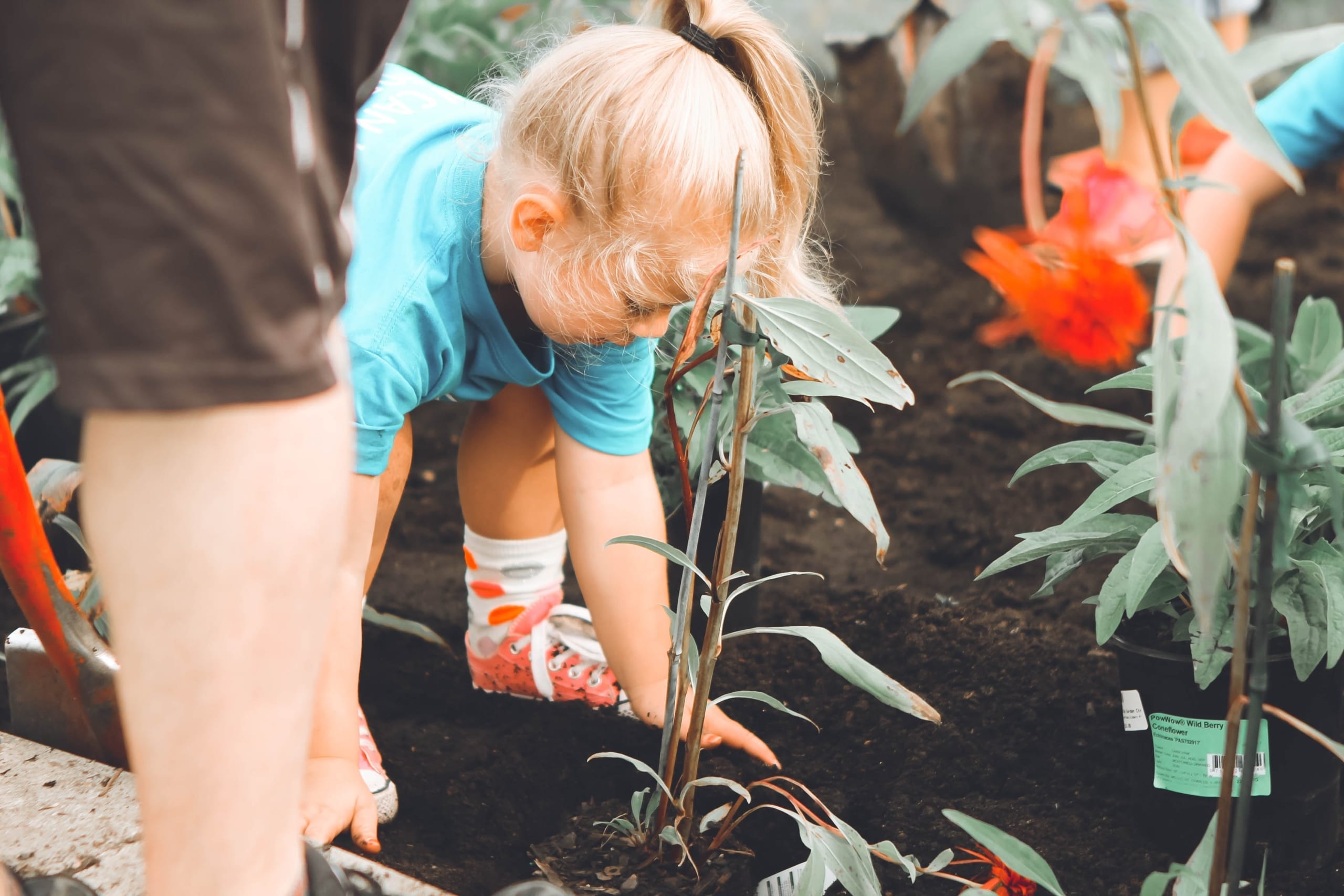
What has the pandemic and a series of lockdowns meant for pocket money habits?
The latest Halifax Pocket Money survey found that 28% of British children took on new household chores in the past year.
According to parents who give their children pocket money, 25% of children began gardening during the pandemic.
15% of kids started looking after their siblings, and 10% went shopping for a vulnerable person.
A further 32% of children started doing new general household chores.
However, 4% of children helped out less around the home than before lockdown started.
Despite an overall increase in the household chores being carried out by children, pocket money did not seem to be the driving factor.
65% of parents said they had not used pocket money as an incentive during the lockdown, and a similar proportion kept pocket money payments consistent with their pre-lockdown levels.
28% of parents decided to increase the amount of pocket money on offer, and 4% decreased weekly payments.
Emma Abrahams, Head of Savings, Halifax, said:
“Our research shows, as parents undoubtedly know, there are many reasons to be proud of Britain’s kids. Having taken on new responsibilities during lockdown including household chores, care of siblings, gardening, and shopping for vulnerable family and friends, there is much to thank diligent children for over the last 12 months.”
On average, children get £6.48 a week in pocket money from their parents. This is a fall on the £7.55 a week average reported last year.
It seems that children are aware of some of the financial pressures caused by the pandemic, with 59% saying the financial position in their home has changed in the past year.
While the average pocket money is under £7 a week, 24% of parents reported giving their children more than £20 a week in pocket money. Around a quarter of parents who give more generous amounts of pocket money have older children, age 10 to 15.
Emma added:
“Kids have picked up new chores at home, despite a fall in pocket money received compared to last year, now coming in at £6.48 per week. This is likely to be reflective of a difficult year financially for many, with our research also showing that the majority of parents have worried about money more due to the pandemic.
“Having open conversations as a family about budgeting will help build kids’ understanding of money management and will start the process of building good habits for the future.”
